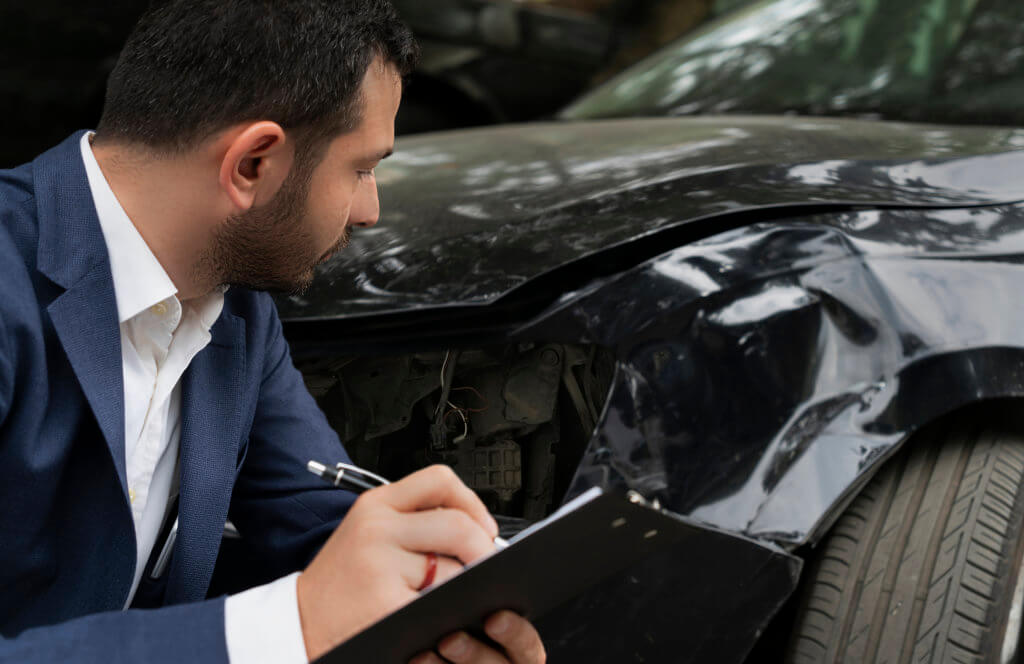Owning a classic car is a dream for many automotive enthusiasts. Whether it’s a vintage muscle car, a sleek European coupe, or a retro cruiser, classic cars offer the allure of nostalgia and timeless craftsmanship. However, financing such a vehicle requires careful consideration, as it differs significantly from purchasing a modern car.
To help you navigate the process successfully, here are seven common mistakes to avoid when pursuing a collector car loan, ensuring you make a smart financial decision while securing the vehicle of your dreams.

Content
1. Not Understanding the True Value of the Car
One of the most critical mistakes buyers make is failing to accurately assess the value of the classic car they wish to purchase. Unlike modern cars, whose prices are easier to estimate, classic car values can fluctuate based on factors such as rarity, condition, provenance, and market demand.
Why It Matters:
- Overpaying for a car may result in negative equity.
- Undervaluing the car can lead to inadequate loan amounts, leaving you short on funds.
How to Avoid It:
- Consult valuation guides like Hagerty or NADA for accurate price ranges.
- Hire a professional appraiser to assess the car’s value before applying for financing.
- Research recent auction results and sales data for similar models.
2. Choosing the Wrong Financing Option
Classic car financing is not the same as traditional car loans. Standard auto loans may not account for the unique considerations of classic vehicles, such as their appreciation potential or limited mileage use.
Why It Matters:
- A traditional auto loan may have terms that are too short or interest rates that are too high.
- Some lenders may not even finance classic cars, leaving you scrambling for alternative options.
How to Avoid It:
- Work with lenders who specialize in collector car loan services, as they understand the nuances of financing vintage vehicles.
- Compare interest rates, loan terms, and repayment flexibility across multiple lenders.
- Ensure the loan terms align with your financial goals and intended use of the car.
3. Overlooking the Total Cost of Ownership
The purchase price of a classic car is just the beginning. Many buyers underestimate the total cost of ownership, which includes maintenance, storage, insurance, and potential restoration work.
Why It Matters:
- Unexpected costs can strain your finances and make it difficult to keep up with loan payments.
- Inadequate budgeting may lead to compromising on the car’s upkeep, reducing its value over time.
How to Avoid It:
- Create a comprehensive budget that includes all ownership costs, including loan payments, insurance premiums, and regular maintenance.
- Research the specific upkeep needs of the classic car you’re purchasing, as some models require rare or expensive parts.
- Allocate extra funds for unforeseen repairs or restoration needs.
4. Ignoring the Car’s History and Condition
A classic car’s history and condition play a significant role in its value and potential financing terms. Failing to thoroughly investigate these aspects can lead to surprises down the road.
Why It Matters:
- A car with an unclear history or hidden damage may be difficult to finance or insure.
- Poor condition can lead to higher repair costs and lower resale value.
How to Avoid It:
- Obtain a detailed vehicle history report, including ownership records and maintenance logs.
- Inspect the car thoroughly or hire a professional inspector to identify hidden issues.
- Verify that the Vehicle Identification Number (VIN) matches the title and documentation.
5. Financing More Than You Can Afford
It’s easy to get carried away when purchasing a dream car, but overextending your budget can lead to financial strain. Classic cars are often passion purchases, but it’s essential to balance emotion with practicality.
Why It Matters:
- Over-financing can lead to higher monthly payments, leaving less room for other expenses.
- Defaulting on a loan could result in losing the car and damaging your credit.
How to Avoid It:
- Use a loan calculator to determine what monthly payments you can comfortably afford.
- Keep the down payment as high as possible to reduce the amount financed.
- Stick to your budget, even if it means waiting longer to buy the car you truly want.
6. Failing to Account for Insurance Requirements
Classic car insurance differs from standard auto insurance. It typically includes agreed value coverage, mileage limitations, and specific storage requirements. Neglecting to understand these details can result in inadequate coverage or higher premiums.
Why It Matters:
- Insufficient coverage could leave you vulnerable to significant financial loss in case of an accident or theft.
- Not meeting a lender’s insurance requirements could affect your loan approval or terms.
How to Avoid It:
- Research insurance providers that specialize in classic car coverage.
- Ensure the policy includes agreed value coverage, which pays the car’s appraised value rather than its depreciated value.
- Discuss insurance requirements with your lender before finalizing the loan.
7. Rushing the Buying Process
Patience is key when purchasing a classic car. Rushing into a decision can lead to overpaying, choosing the wrong financing option, or ending up with a car that doesn’t meet your expectations.
Why It Matters:
- A hastily made decision could result in buyer’s remorse or financial strain.
- Taking your time allows you to find the best car and financing terms for your needs.
How to Avoid It:
- Spend time researching different models, lenders, and market trends.
- Test drive multiple cars to find the one that feels right for you.
- Don’t hesitate to walk away from a deal that doesn’t meet your criteria.
Financing a Collector Car Successfully
Financing a classic car can be an exciting and rewarding experience when approached with the right preparation and knowledge. By avoiding these seven common mistakes, you’ll be better equipped to navigate the process, secure favorable financing terms, and enjoy the pride of owning a piece of automotive history.
Whether you’re purchasing your first classic car or adding to an existing collection, working with a lender experienced in collector car loan services can make all the difference. With careful planning and attention to detail, you can confidently invest in the car of your dreams while safeguarding your financial stability.

Daniel is the eco-conscious auto whisperer. His blog doesn’t preach; it educates on the world of green transportation. It’s your guide to reducing your carbon footprint without sacrificing style or speed.






